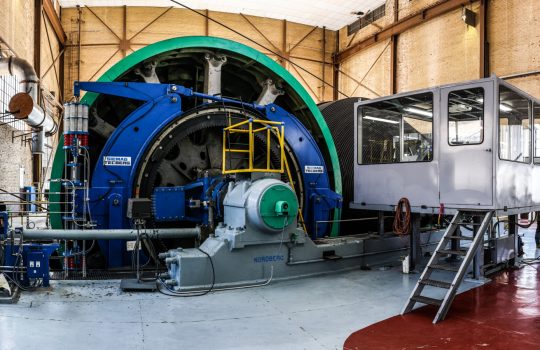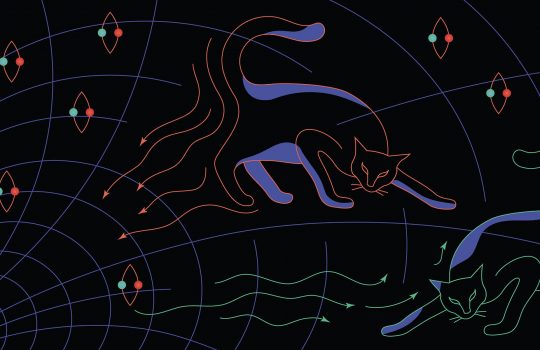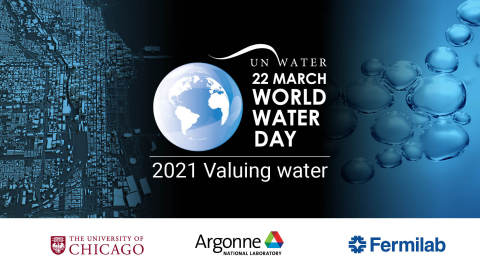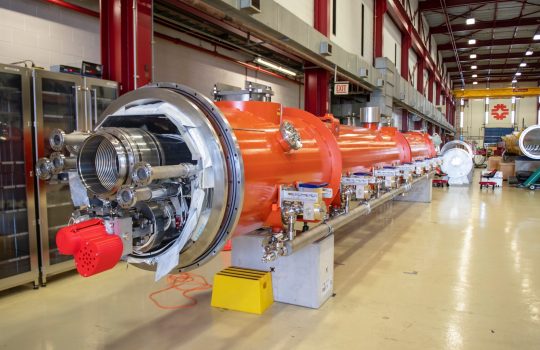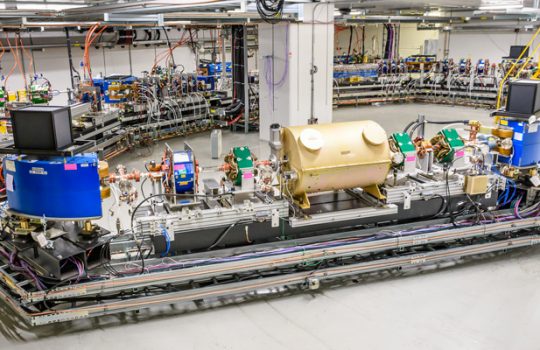Unexplained Results Intrigue Physicists at World’s Largest Particle Collider
From Scientific American, March 25, 2021: Physicists have long wondered if muons, electrons and other leptons possess differences besides their mass; the latest LHCb result; Fermilab and the upcoming results of Muon g-2 test the standard model.

